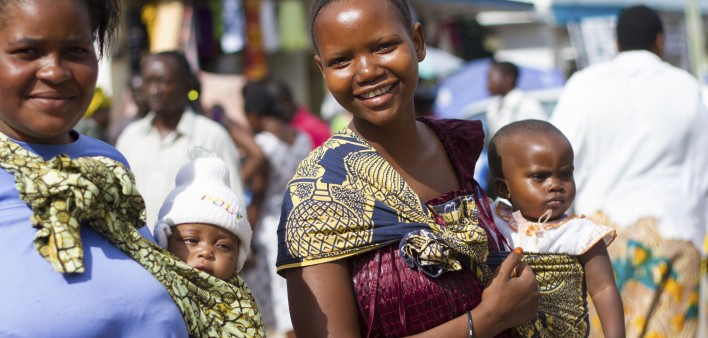Two major trials of experimental HIV vaccines are now up and running, given the recent launch of a study investigating a vaccine designed to target multiple strains of the virus.
The new Phase IIb HVTN 705/HPX2008 proof-of-concept study will seek to enroll 2,600 HIV-negative women in sub-Saharan Africa. Sponsored by Janssen, the experimental vaccine is based on so-called mosaid immunogens—multiple components meant to prompt an immune response against numerous strains of HIV seen around the world.
The study is also known as the Imbokodo trial, after the Zulu word for rock. The word alludes to a South African proverb that lauds the strength of women and their centrality in communities.
The Phase IIb/III HVTN 702 study, meanwhile, was launched a year ago and is investigating a retooled version of the RV144 vaccine that showed moderate efficacy among Thai volunteers in a previous study—the only HIV vaccine ever to show any significant efficacy, in fact.
Both vaccine trials are cosponsored by the National Institute of Allergy and Infectious Diseases (NIAID), a division of the National Institutes for Health (NIH), and the Bill & Melinda Gates Foundation.
“Together with the implementation of existing HIV prevention and treatment strategies, the development and delivery of a preventive HIV vaccine that is safe and at least moderately effective would help bring about a durable end to the HIV/AIDS pandemic,” NIAID director Anthony S. Fauci, MD, said in a press release. “We are committed to pursuing multiple vaccine development strategies to achieve this goal.”
Fauci previously told POZ that if a vaccine were at least 50 percent effective—that is, if it were to reduce the risk of HIV by half—he would consider it effective enough to warrant launching its use on a grand scale.
The Imbokodo trial has already begun among women in various South African sites. The plan is to expand the study to include sites in Malawi, Mozambique, Zambia and Zimbabwe.
Results from HVTN 702, which includes HIV-negative women and men in South Africa, are expected in late 2020. The Imbokodo trial is expected to yield results the following year.
Imbokodo got the green light as a result of promising results from two early-stage human studies, known as APPROACH and TRAVERSE. The participants of the new advanced trial will receive four vaccinations over the course of 12 months and will be followed for a minimum of two years.
To read a press release about the study, click here.







Comments
Comments